The Ultimate Guide to SEO Mastery: Exploring the Types of SEO
that Dominate Digital Marketing
I. Introduction:
Search engine optimization (SEO) is a critical
aspect of digital marketing that helps businesses improve their online
visibility and attract organic traffic.
It refers to the advanced understanding
and implementation of various techniques to achieve optimum results in search
engine rankings. By strategically optimizing websites, businesses can increase
their chances of being found by potential customers and outperform their
competitors.
II. On-Page SEO Techniques
On-page site optimization focuses on optimizing
individual web pages to improve their search engine rankings and drive organic
traffic. It involves several techniques, such as:
1. Keyword research and analysis for on-page:
Effective
keyword research is the foundation of successful on-page technique.
By identifying relevant and high-traffic
keywords, businesses can optimize their web content to align with user search
intent, increasing the likelihood of appearing in search results.
2. Crafting compelling meta tags and titles: Meta tags,
including meta descriptions and meta titles, provide concise summaries of web
page content in search engine results.
By crafting compelling meta tags and titles,
businesses can attract users to click on their listings and improve their
click-through rates.
3. Optimizing website content and structure: Optimizing
website content involves incorporating targeted keywords naturally throughout
the page.
Well-structured content with headings,
subheadings, bullet points, and relevant internal links can enhance user
experience and improve search engine crawlability.
4. The importance of mobile-friendly websites: With the
increasing use of mobile devices, having a mobile-friendly website is crucial
for on-page. Responsive design, fast page loading speed, and intuitive
navigation are essential factors that contribute to a positive user experience.
5. Utilizing schema markup for better search
results: Schema
markup is a structured data vocabulary that helps search engines understand the
content on web pages better.
By implementing schema markup, businesses can
provide additional context to search engines, resulting in enhanced search
results, such as rich snippets.
III. Off-Page Strategies
Off-page focuses on activities that take
place outside of the website to improve its online reputation and authority.
Some off-page SEO strategies include:
1. Building high-quality backlinks for improved
domain authority: Backlinks from reputable and relevant websites signal to
search engines that a website is trustworthy and authoritative. Engaging in
link building activities, such as guest blogging and influencer collaborations,
can help businesses secure valuable backlinks and boost their off-page performance.
2. Social media and its role in off-page: Social media
platforms provide an excellent opportunity for businesses to increase their
online presence and engagement. By sharing valuable content and building a
strong social media following, businesses can enhance their off-page through increased brand visibility and potential backlinks.
3. Guest blogging and influencer collaborations: Collaborating
with industry influencers and guest blogging on authoritative websites not only
improves brand exposure but also establishes credibility and generates quality
backlinks. By leveraging the reach and expertise of influencers, businesses can
expand their off-page efforts.
4. Utilizing online directories for local SEO: Online
directories play a vital role in local strategy by providing businesses with
valuable citations and backlinks. Registering on relevant directories enhances
the visibility of local businesses in specific geographical locations and
improves their chances of being discovered by local customers.
IV. Technical SEO Essentials
It involves optimizing the technical
aspects of a website to improve its search engine visibility and performance.
Essential elements include:
1.
Website speed and its impact on website performance: Website speed
plays a crucial role in user experience and search engine rankings.
Optimizing page load times, reducing server
response time, and utilizing caching techniques are essential for providing a
fast and seamless user experience, which positively affects SEO performance.
2. Crawlability and indexability: Search engine
bots crawl websites to index their content for search results. Ensuring easy
access for search engine bots through proper website architecture, optimized
XML sitemaps, and robots.txt files help improve crawlability and indexability,
maximizing the chances of web page visibility.
3. Structured data and Rich snippets: Implementing
structured data using schema markup helps search engines understand the context
and relevance of web page content. As a result, search engines may display rich
snippets in search results, offering additional information to users, such as
ratings, reviews, and pricing, which can significantly improve click-through
rates.
4. Fixing broken links and optimizing redirects: Broken links and
improper redirects negatively impact user experience and search engine
rankings. Regularly auditing and fixing broken links, as well as implementing
optimized redirects, when necessary, ensures smooth navigation and eliminates
potential SEO issues.
V. Local SEO Tactics
It focuses on optimizing online visibility
for businesses targeting a specific geographical location. Implementing local
search engine optimization tactics is crucial for attracting customers within the local area. Some
tactics include:
1. Understanding the importance of local SEO: It helps
businesses connect with potential customers in their vicinity, improving foot
traffic and conversions. By appearing in local search results, businesses can
effectively target users searching for products or services in their area.
2. Optimizing Google My Business for local
visibility: Claiming and optimizing a Google My Business listing is
fundamental for local SEO. Providing accurate and up-to-date business
information, managing customer reviews, and utilizing Google My Business
features, such as posts and Q&A, can significantly improve local
visibility.
3. NAP consistency and local citations:
Consistency in business Name, Address, and
Phone (NAP) across online directories and listings is crucial for local SEO.
Building local citations, which are mentions of a
business's NAP on other websites, helps establish credibility and improve local
search rankings.
4. Managing online reviews and reputation: Online reviews
play a vital role in consumers' decision-making process. Encouraging and
managing online reviews, responding to customer feedback, and addressing any
negative reviews demonstrate a business's commitment to customer satisfaction
and positively impact local SEO.
5. Implementing localized content strategies: Creating
localized and targeted content, such as location-specific landing pages and
blog posts, improves relevance for local searches. By addressing local topics
and incorporating local keywords naturally, businesses can enhance their local performance.
VI. Mobile SEO Optimization
It focuses on ensuring
websites are optimized for mobile devices, considering the increasing prevalence
of mobile usage. Some strategies for mobile optimization include:
1. Mobile-first indexing and its significance: Mobile-first
indexing means that search engines primarily consider the mobile version of a
website when ranking search results. Ensuring a seamless user experience, fast
page loading speed, and mobile-friendly design are critical for maintaining and
improving search rankings.
2. Responsive web design for mobile SEO: Responsive web
design enables websites to adapt to different screen sizes, ensuring optimal
user experience across various devices.
By providing a consistent and user-friendly
interface, businesses can retain visitors, increase engagement, and improve
mobile SEO performance.
3. Accelerated Mobile Pages (AMP): AMP is a stripped-down
version of web pages designed to load quickly on mobile devices. Implementing
AMP for relevant web pages can significantly enhance mobile page load times,
resulting in improved user experience and potentially higher search rankings.
4. App indexing and deep linking: App indexing
allows mobile apps to appear in search results, increasing their
discoverability. Deep linking refers to linking directly to specific app
content from a search result. Optimizing mobile apps for indexing and deep
linking can strengthen mobile SEO and drive organic installs.
VII. Voice Search and SEO
The rise of voice search technology is
transforming the way users interact with search engines. Optimizing for voice
search queries is becoming increasingly important. Some strategies for voice
search optimization include:
1.
Optimizing content for voice search queries: Voice search
queries often have a conversational tone and are typically longer than
text-based queries.
By understanding user
intent and incorporating natural language in content creation, businesses can
optimize their website to match voice search queries better.
2. Featured snippets and position zero in voice
search results: Securing a place in position zero or within featured snippets
is crucial for voice search results, as voice assistants often read out
featured snippet content. Structuring content to provide concise and
informative answers to common questions can increase the chances of earning
position zero in voice search results.
VIII. Video SEO Strategies
Video content is gaining prominence in SEO, with
the increasing popularity of platforms like YouTube. Optimizing videos can help
increase visibility and attract organic traffic. Strategies for video include:
1. Utilizing keywords and tags for video
optimization: By conducting keyword research specific to video content,
businesses can optimize video titles, descriptions, and tags to increase the
chances of appearing in search results related to their target audience's
interests.
2. Creating engaging thumbnails and video
descriptions: Compelling thumbnails and accurate video descriptions entice
users to click and watch videos. By creating visually appealing and relevant
thumbnails and providing detailed descriptions, businesses can increase video
view counts and improve website performance.
3. Video sitemaps and schema markup: Including video
sitemaps helps search engines understand the video content and its context.
Implementing schema markup to describe video content improves the chances of
appearing in video-rich snippets and enhanced video search results.
IX. E-commerce SEO Techniques
E-commerce websites require tailored SEO
strategies to drive organic traffic and optimize product listings. Some
e-commerce techniques include:
1. Understanding product page optimization: Optimizing
product pages involves crafting unique and descriptive product titles,
optimized meta tags, and engaging product descriptions. Incorporating targeted
keywords naturally and optimizing product images further enhances e-commerce
SEO performance.
2. Implementing structured data for product
listings: Using
structured data, such as product schema markup, helps search engines understand
product attributes, price, availability, and more. This improves the visibility
of e-commerce products in search results and enhances click-through rates.
3. Handling duplicate content in e-commerce
stores: E-commerce
stores often face the issue of duplicate content due to the nature of product
listings. Implementing canonical tags, providing unique product descriptions,
and organizing product categories can significantly reduce duplicate content
issues and improve performance.
X. International SEO Considerations
Expanding SEO efforts globally requires considering
international SEO techniques. Some considerations for international include:
1. Expanding SEO efforts globally: Expanding SEO
efforts to reach international markets involves creating targeted content,
conducting international keyword research, and implementing region-specific SEO
strategies.
2. Hreflang tags and geotargeting: Hreflang tags
help search engines understand the language and geographic targeting of web
pages. Implementing hreflang tags ensures that search engines display the
correct language and region-specific versions of web pages to the relevant
international audience.
3. International keyword research and
localization: Conducting keyword research specific to target international
markets is essential. Adapting content to local languages, cultural nuances,
and preferences enhances relevancy for local search queries and increases the
chances of attracting international organic traffic.
XI. SEO Analytics and Metrics
Measuring SEO progress and performance is crucial
for optimizing strategies and achieving desired outcomes. Some important
analytics and metrics include:
1. Tracking progress with analytics tools: Utilizing
analytics tools like Google Analytics and SEO-specific tools allows businesses
to monitor website traffic, user behavior, and other valuable insights
essential for SEO performance tracking.
2. Key performance indicators (KPIs) for success: Establishing
relevant KPIs, such as organic search traffic, keyword rankings, conversion
rates, and bounce rates, helps businesses measure the success of their SEO
efforts and make data-driven improvements.
3. Analyzing website traffic and conversion rates:
In-depth
analysis of website traffic, sources of traffic, and conversion rates provides
insights into user behavior and identifies areas for improvement. Tracking user
engagement, time spent on page, and click-through rates helps understand the
effectiveness of SEO strategies.
4. ROI measurement for campaigns: Measuring the
return on investment (ROI) for campaigns involves evaluating the revenue
generated from organic traffic, comparing it with the investment made in SEO
efforts. Calculating the ROI helps businesses assess the effectiveness of their strategies and make informed decisions regarding future investments.
XV. Frequently Asked Questions
(FAQs)
Here are answers to some frequently asked
questions about SEO:
What is the difference between
on-page and off-page techniques?
On-page focuses on optimizing individual web
pages and content for better search engine rankings and user experience within
the website.
Off-page refers to activities conducted
outside of the website, such as link building, social media engagement, and
online reputation management, to improve website authority and visibility.
It can be improved by optimizing
website speed, ensuring crawlability and indexability, implementing structured
data, and fixing broken links and redirects.
Why is local SEO important for small
businesses?
It helps small businesses target potential
customers in their geographical location, increasing foot traffic and conversions.
How can I optimize my website for
mobile SEO?
Optimizing websites for mobile SEO involves
adopting a mobile-friendly design, implementing responsive web design, and
focusing on mobile-first indexing.
What is the role of voice search in
SEO?
Voice search is becoming increasingly popular,
and optimizing for voice search queries is crucial as users interact with
search engines using natural language.
How can e-commerce websites improve their SEO performance?
E-commerce websites can improve SEO performance
by optimizing product pages, implementing structured data, and resolving
duplicate content issues.
What are the key metrics to measure SEO success?
Key metrics for measuring success include
organic search traffic, keyword rankings, conversion rates, and ROI.
How does content marketing contribute to SEO?
Content marketing plays a significant role in SEO
by providing valuable and engaging content that attracts organic traffic,
generates backlinks, and improves website authority and visibility.
How will artificial intelligence affect SEO strategies?
Artificial intelligence is shaping the future of
SEO by influencing search engine algorithms, enabling personalized search
experiences, and emphasizing relevancy and user intent in search results.

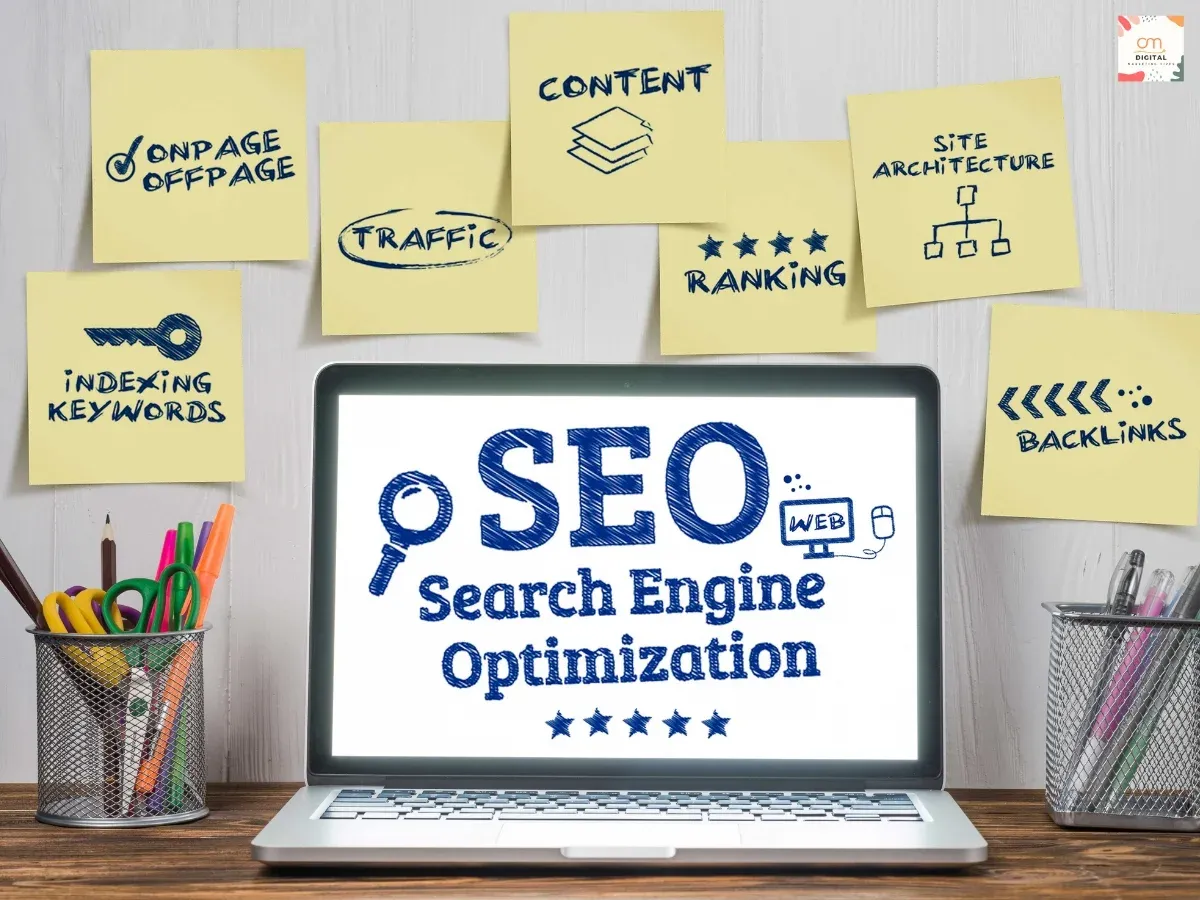
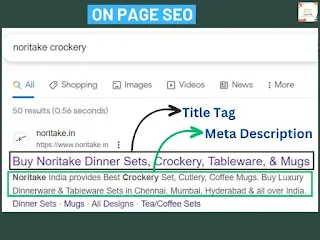
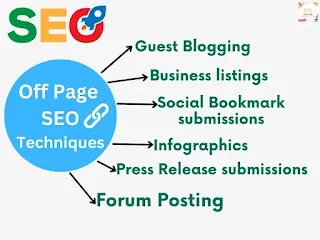
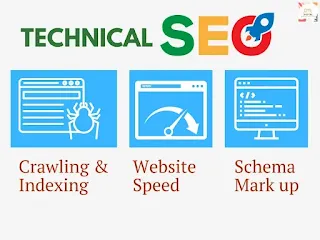

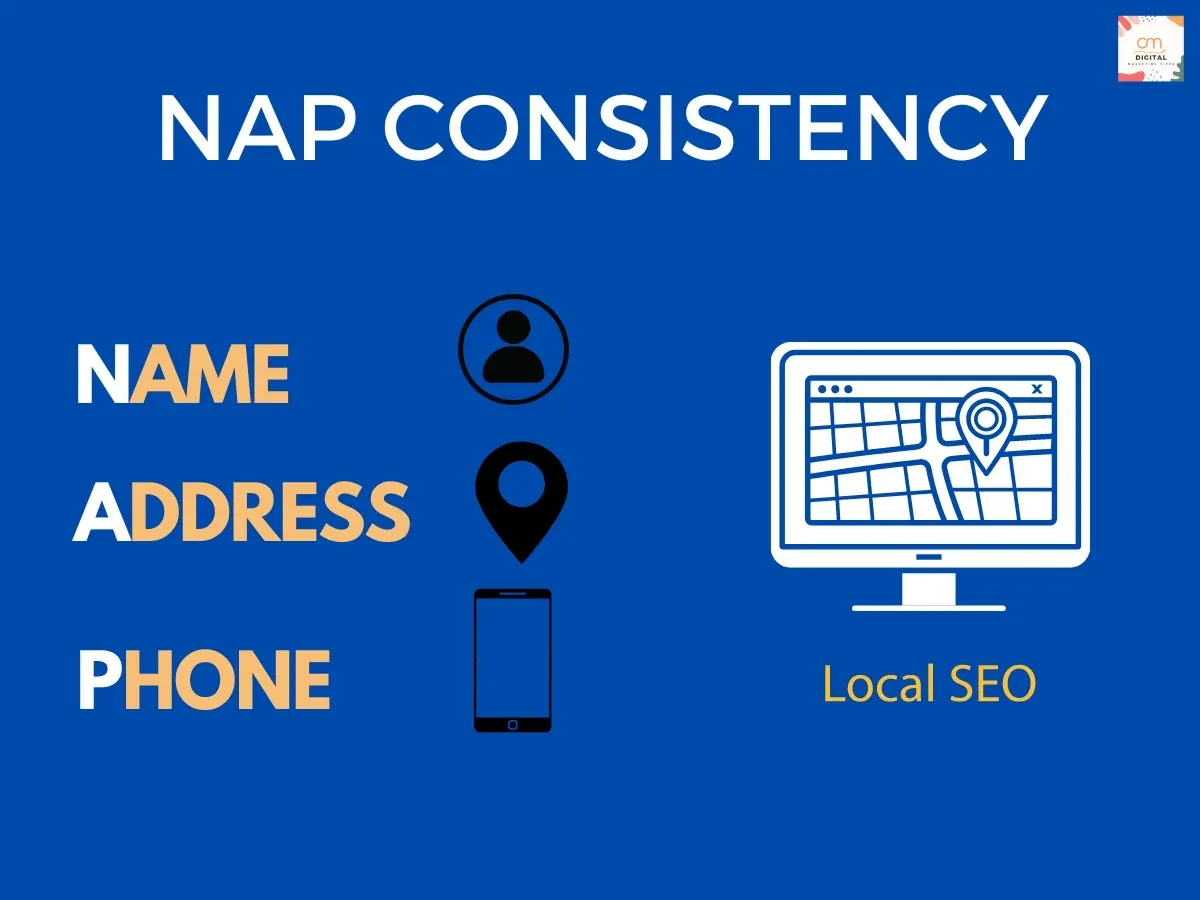





0 Comments